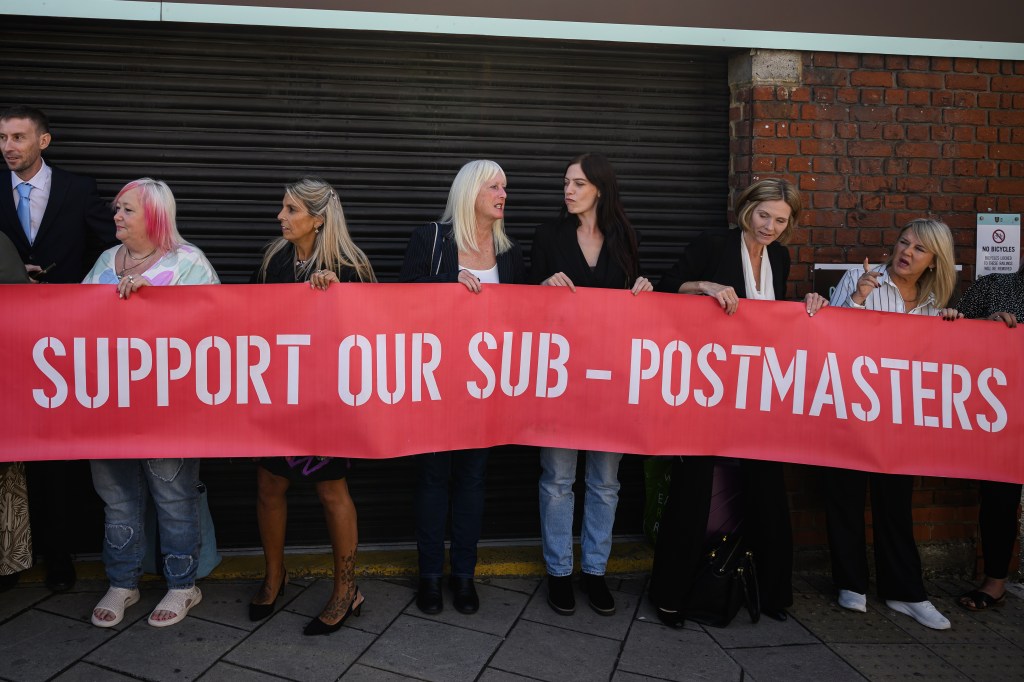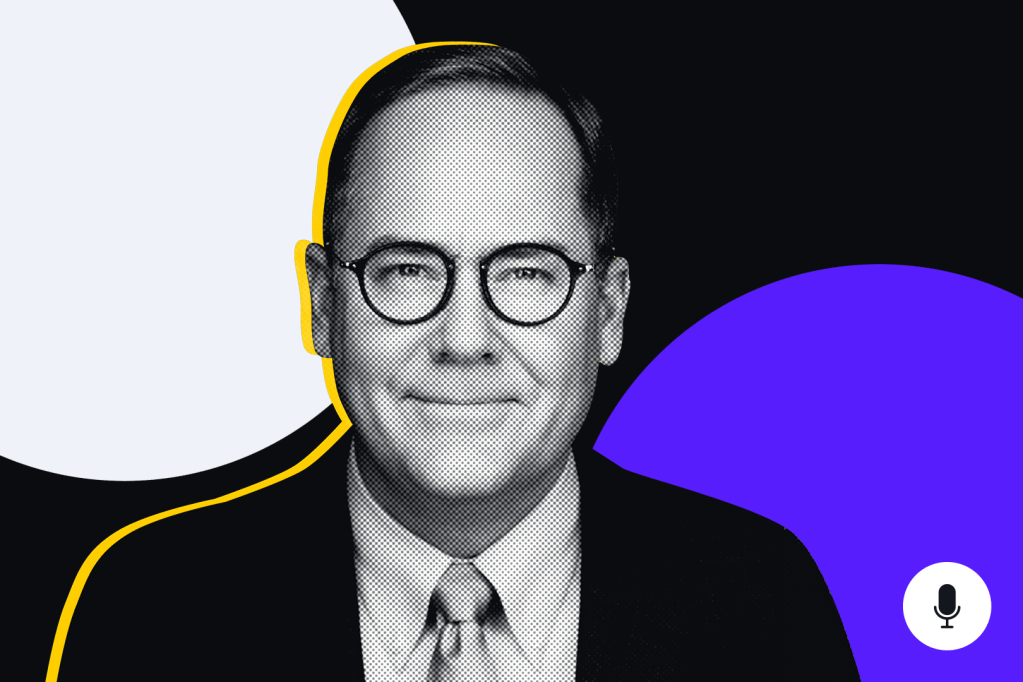While the removal of a provision to regulate “legal but harmful” online material in the UK’s Online Safety Bill has generated headlines, fears over a threat to end-to-end encryption has prompted 70 organizations, cybersecurity experts and politicians to express their concerns in an open letter to UK Prime Minister Rishi
Register for free to keep reading
To continue reading this article and unlock full access to GRIP, register now. You’ll enjoy free access to all content until our subscription service launches in early 2026.
- Unlimited access to industry insights
- Stay on top of key rules and regulatory changes with our Rules Navigator
- Ad-free experience with no distractions
- Regular podcasts from trusted external experts
- Fresh compliance and regulatory content every day













